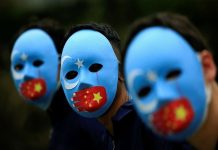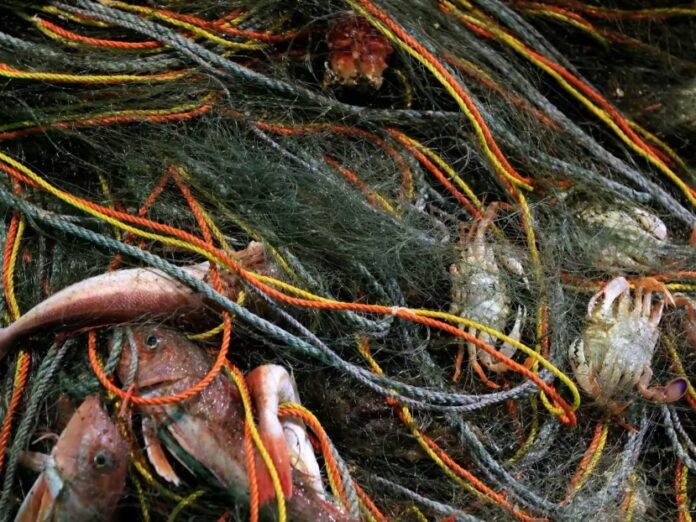BEIJING — China will tighten its scrutiny on food from Japan and maintain curbs on some Japanese imports, the government said on Friday (July 7), citing Tokyo’s decision to discharge treated radioactive water from the crippled Fukushima plant into the sea.
The Japanese plan, approved on Tuesday by the UN nuclear watchdog, has faced opposition at home and abroad. Japan insists the releases will be safe and meet global standards.
China’s customs administration said in a statement it was stepping up monitoring of products including seafood and keeping curbs on produce from one-fifth of Japan’s prefectures for safety reasons.
In the immediate aftermath of the 2011 disaster, China banned the import of food and agricultural products from five prefectures. It later widened its ban to 12 prefectures, before removing two of them.
China will “strengthen supervision” and “rigorously examine” certificates for food imports, especially aquatic products, from the other non-banned prefectures, the administration said, emphasising restrictions on the 10 prefectures remain in place.
Some Japanese officials worry that China, the biggest buyer of its seafood exports, may halt purchases of those items after Tokyo begins the water discharge later this summer.
For weeks China had voiced strong opposition to Japan’s move to discharge the treated water, saying it poses a threat to the environment and human health.
Under the Japanese plan, the water will first be filtered to remove most radioactive elements except for tritium, an isotope that is difficult to separate from water, and diluted to well below international standards.
“The Japanese side still has many problems in the legitimacy of sea discharge, the reliability of purification equipment and the perfection of monitoring programmes,” Chinese customs said.
It said the International Atomic Energy Agency’s (IAEA) report did not fully reflect the views of all the experts involved in the assessment process, and the conclusions were not unanimously endorsed by the experts.
IAEA chief Rafael Grossi told that one or two of the team of international experts behind the report may have had concerns but that none raised their concerns with him directly.

































